During a heat wave, temperatures not the only threat–expert
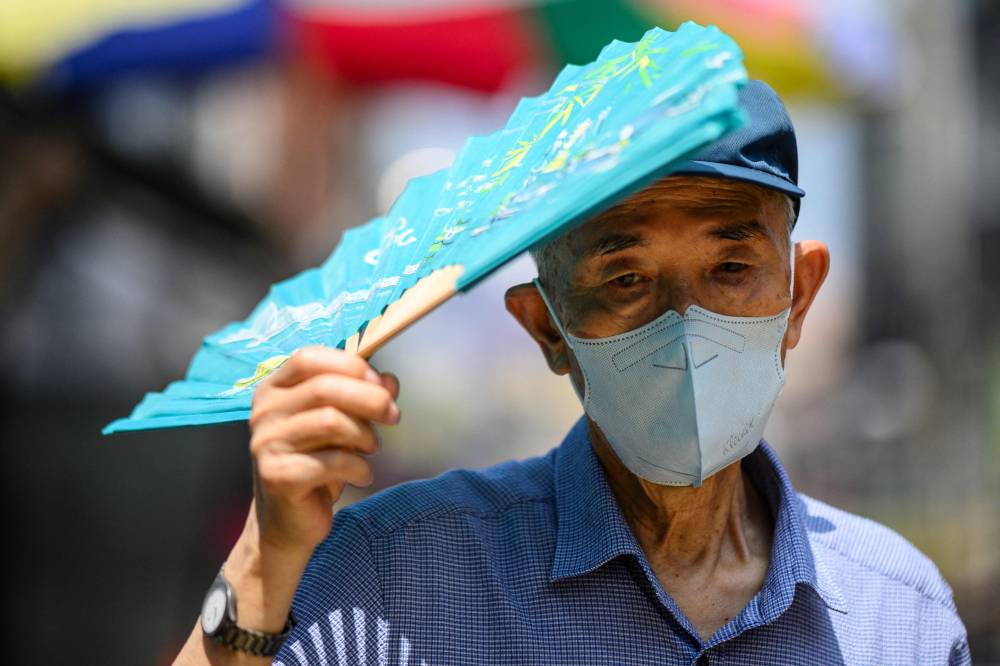
MADRID—Spain has just emerged from a 21-day heat wave that engulfed Madrid, Barcelona and Zaragoza, posing a health threat which extends far beyond the actual temperature, according to Julio Diaz, a researcher at Madrid’s Carlos III Health Institute.
What kills?
“The impact of heat on health is far more than just temperature … its effect can be felt across income levels, age groups, socioeconomic conditions, healthcare, and different cultural approaches to heat,” says Diaz.
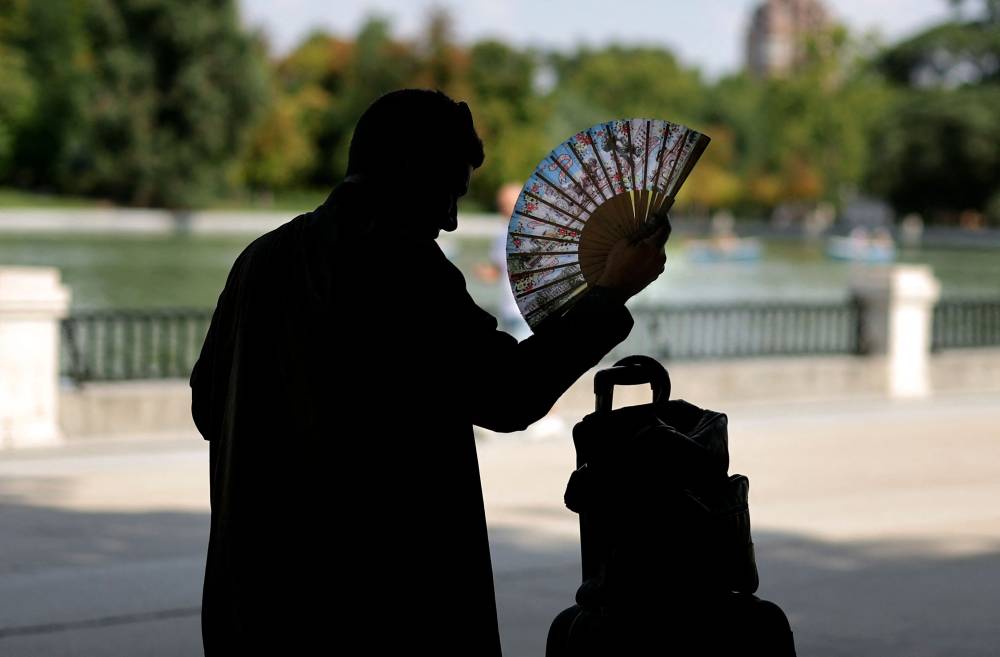
“We divided Spain into 182 regions … and in each one, we worked out the temperature at which people start to die as a result of the heat. In Seville, 40 degrees Celsius is not even classed as a heat wave, whereas in A Coruna (in northwestern Spain), the temperature which defines a heat wave is 26 degrees.
“When there is a heat wave, only 3 percent of mortality is due to heat stroke. Heat kills by aggravating other illnesses.”
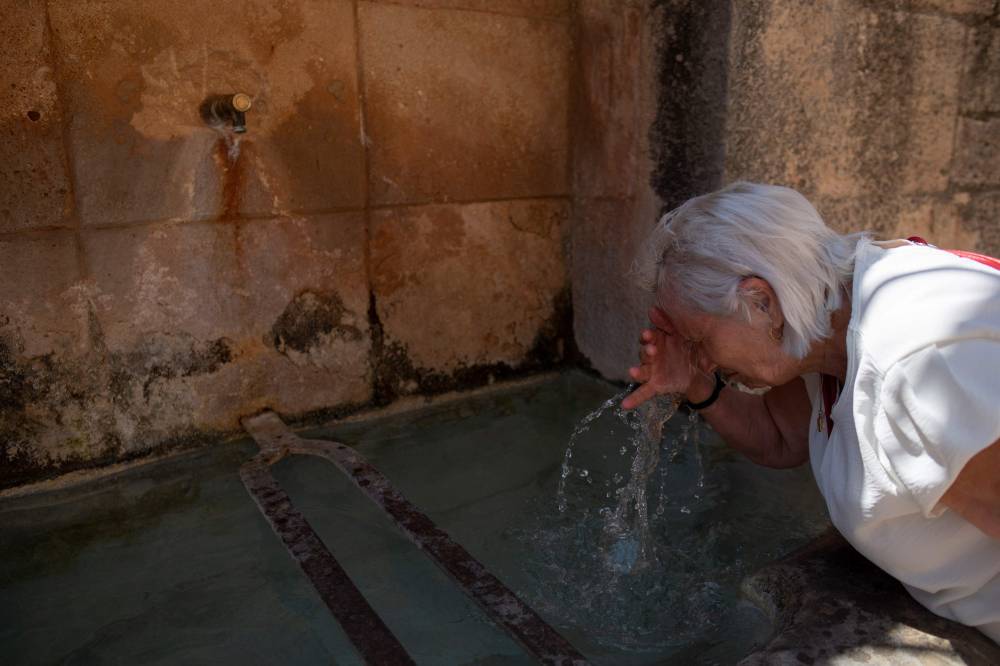
Most deadly
“In the first heat wave (of the year) much more people are likely to be susceptible (to death) than the second because it claims the frailest, leaving fewer susceptible people in the second and fewer still in the third… That’s why the first heat wave always has a greater impact on mortality. This is what in epidemiology we call the ‘harvest effect.'”
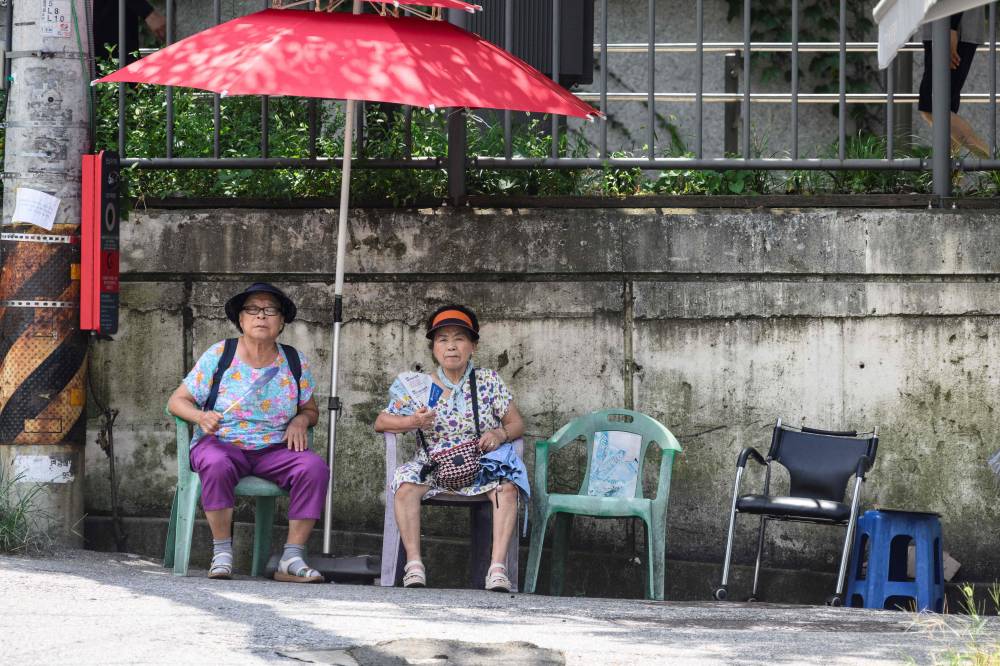
Living standards
“It’s clear that the impact of heat is much greater in poorer neighborhoods.
“It is not the same thing to experience a heat wave in a room with three people and one window and no air conditioning or fan, than going through the same thing in a villa with a swimming pool.
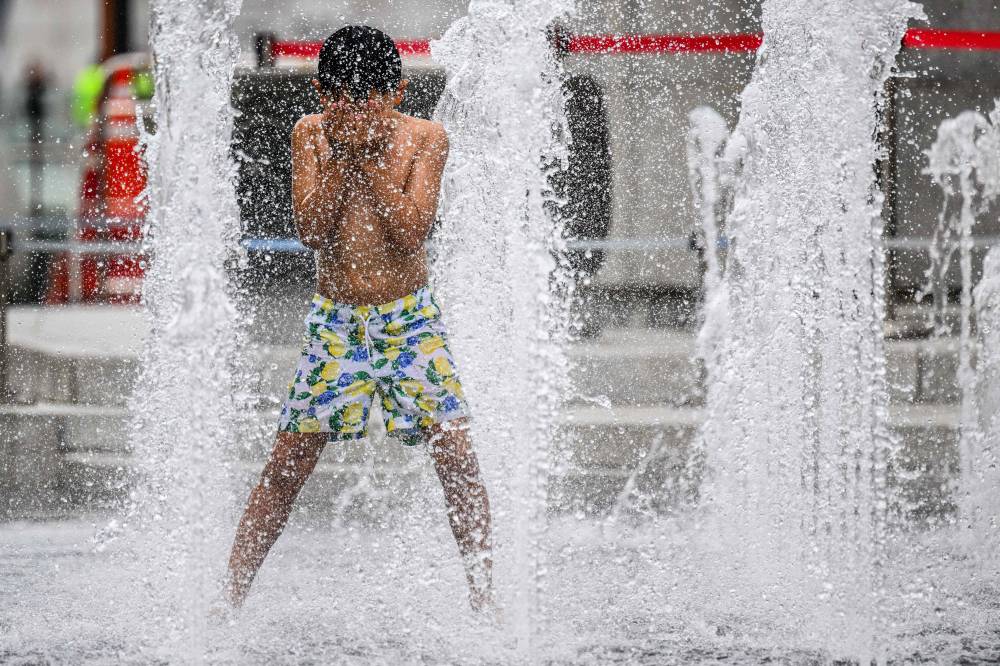
It’s not even a question of having air conditioning or not, but about being able to turn it on. During this heat wave, the price of electricity in Spain skyrocketed.”
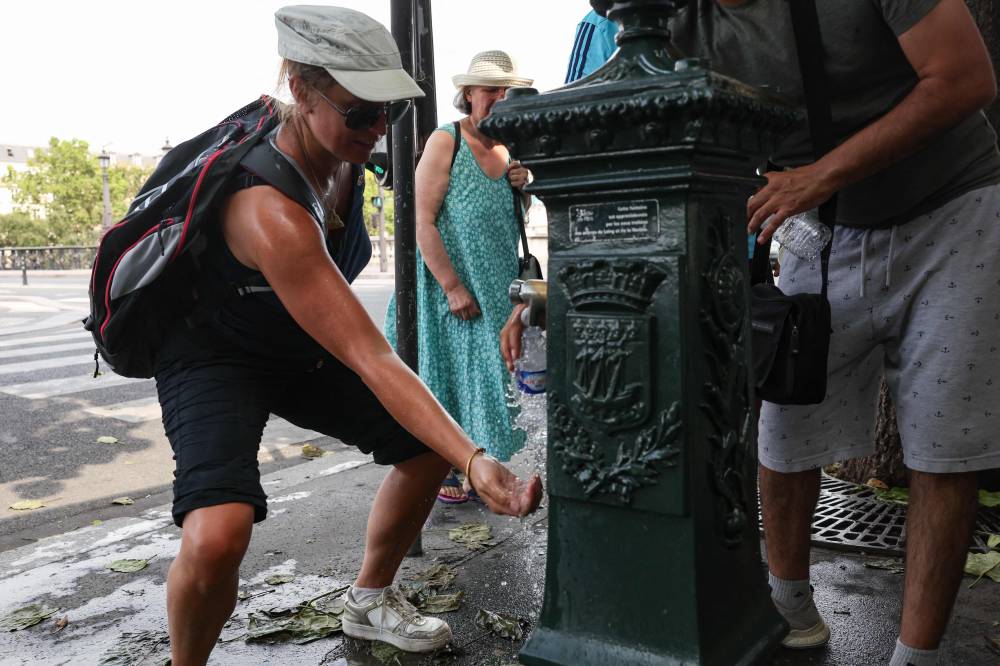
Heatstroke
“Heatstroke happens when a person is exposed to high temperatures … and their body is not able to regulate that temperature. If you go out in the sun at 42 degrees Celsius or exercise at those temperatures, your body is unable—no matter how much it sweats, which is the main mechanism for regulating heat—to lower and maintain its temperature at 37 degrees Celsius.
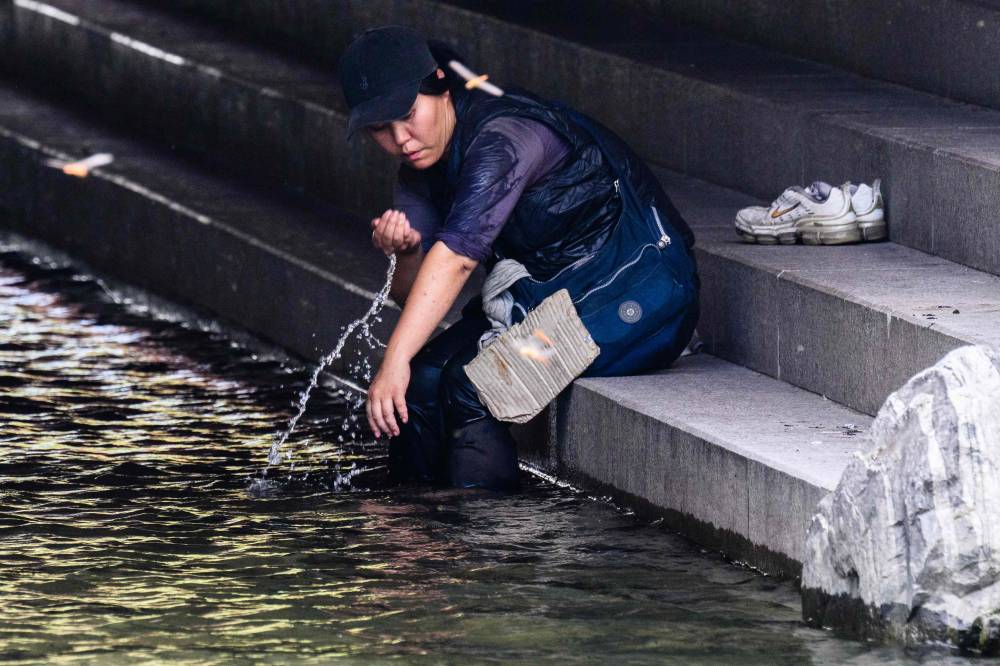
When your body is no longer at 37 degrees Celsius … your organs stop working properly, including your brain. Then hyperthermia sets in and the person can die.”
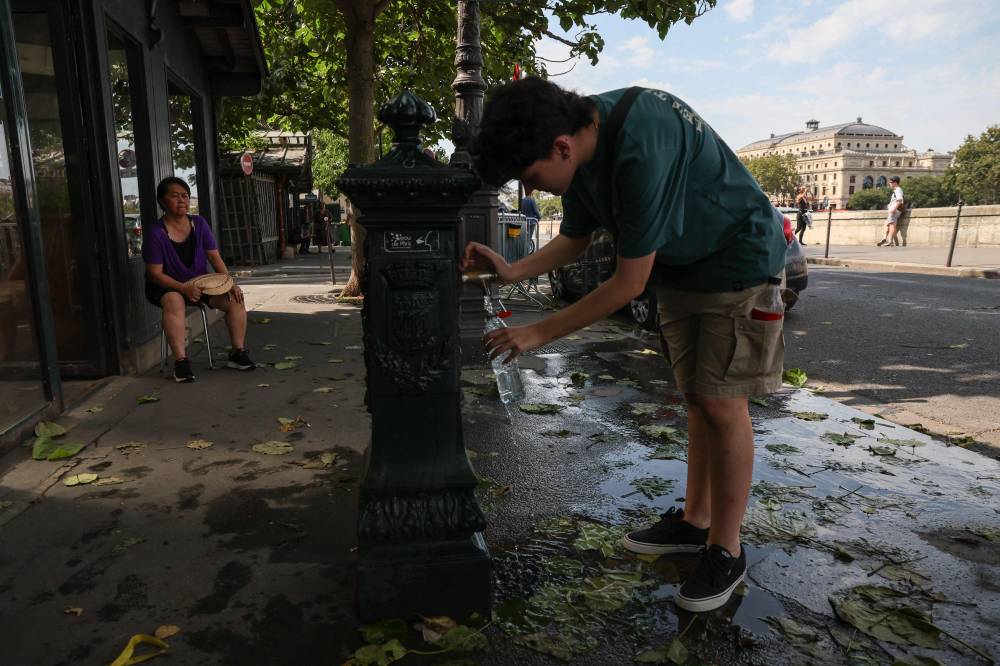
‘Heat culture’
“In 2003, Europe suffered a brutal heat wave and 70,000 people died in 15 days. People were not prepared, and there were no prevention plans, which meant it had a brutal impact on mortality. Now nobody doubts that heat kills.
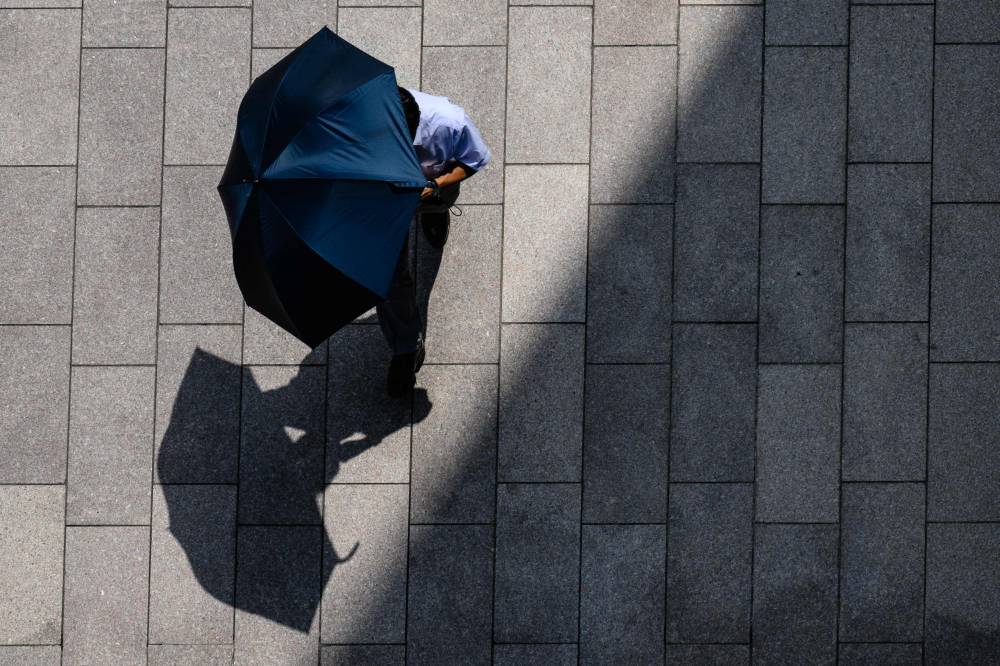
But people adapt. Between 1983 to 2003, for every degree above the temperature classed as a heatwave, the mortality in Spain increased by 14 percent. But after 2003, it barely increased by three percent.
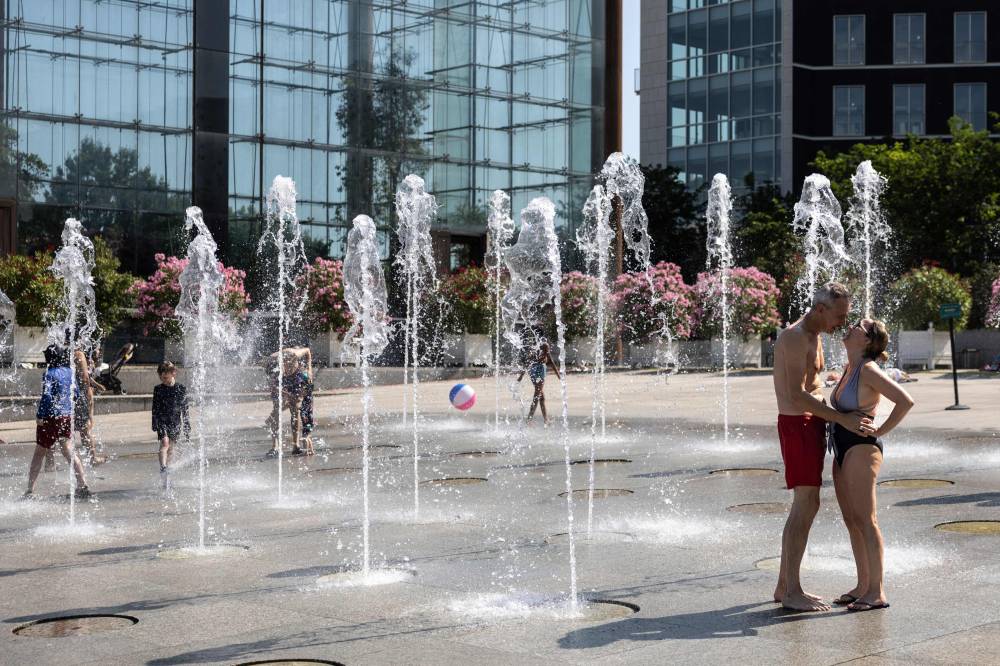
In a city like Madrid, you never used to see older people wearing shorts but nowadays they all wear them—you see them going out for a walk wearing a hat and with a bottle of water.
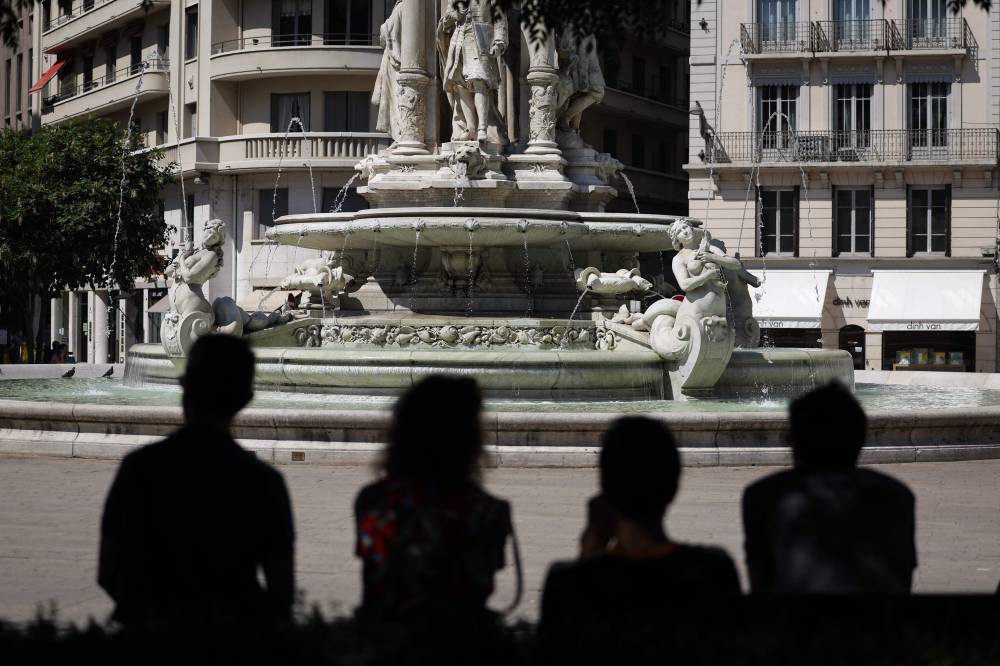
In places where they are used to having heat waves, there are now much more air-conditioning units and secondly, homes are much more adapted to cope with this heat.
People don’t go out from 3:00 pm, that’s why the siesta exists in Spain. And in the southern Andalusia region, the villages are painted white and the streets are wide so the wind can freely circulate.”
AFP is one of the world's three major news agencies, and the only European one. Its mission is to provide rapid, comprehensive, impartial and verified coverage of the news and issues that shape our daily lives.

















